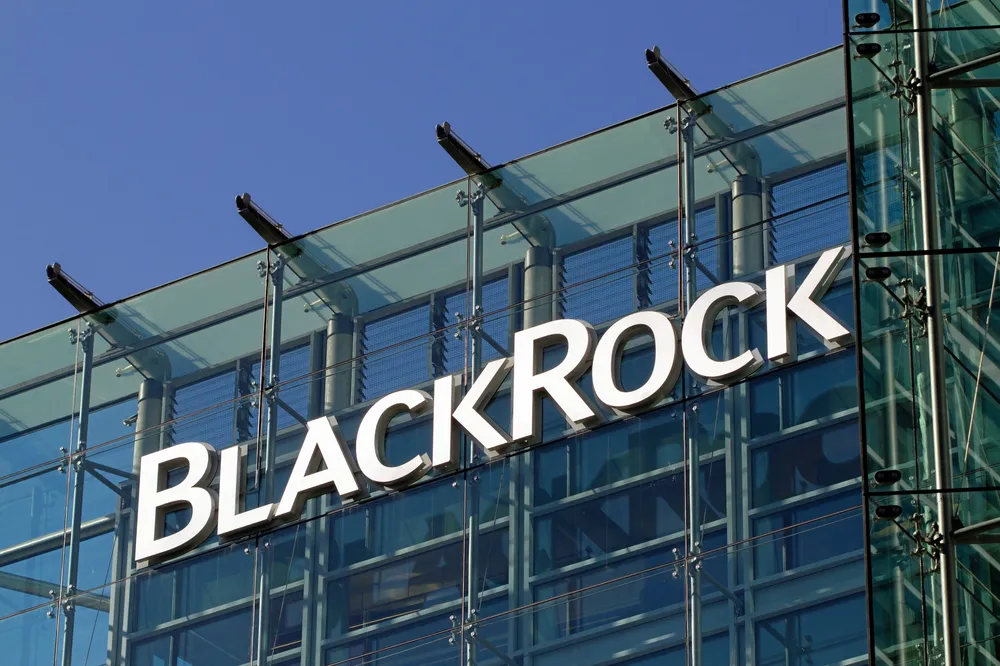BlackRock would vault to top-tier of US wind power with acquisition
Reported $38bn bid for power giant AES through subsidiary Global Infrastructure Partners would give financial behemoth a stake in some 8GW of capacity

Global Infrastructure Partners (GIP) is reportedly close to a deal to acquire power giant AES for about $38bn, a move that would vault parent BlackRock into the upper echelon of US wind power capacity ownership.
Even with today’s gain, AES stock is down 24% over the past year. Many renewable energy-heavy stocks have fallen out of favour with investors as the sector gets squeezed by President Donald Trump’s administration and the Republican majority in Congress.
Despite that weak performance and $29bn debt, AES is attractive for GIP and reportedly other interested suitors including Canada’s Brookfield Asset Management as the US chases every electron to meet unprecedented power demand this decade.
On 1 January, AES owned 9.1GW of clean power capacity including 2.5GW of wind in the US, and electric utilities in the states of Indiana and Ohio.
In a July earnings call, the company said it had a 12GW backlog of contracted projects and was on track to add 3.2GW of new clean energy projects this year. AES claims the US market lead for signed off-take deals with data centre customers.
AES and Siemens Energy jointly own energy storage technologies company Fluence.
AES also has a strong presence in Asia, Europe, and South America where it owns and operates clean and fossil generating power plants, and energy storage facilities.
Last year, BlackRock acquired GIP for $12.5bn, which made it a major player in the wind and solar energy sectors. GIP owns top-line clean energy developers Competitive Power Ventures and Terra-Gen Power and has a 50% stake in Clearway Energy Group (CEG).
Adding AES to the mix would give BlackRock through GIP full and/or partial ownership of almost 8GW of onshore wind capacity, trailing only NextEra and Berkshire Hathaway Energy.
BlackRock CEO Larry Fink this year has been calling for the US to adopt “energy pragmatism” to meet rising demand, which will require a balance of renewables and hydrocarbons for several decades to come.
GIP is a leading midstream oil and natural gas player in the US.
(Copyright)